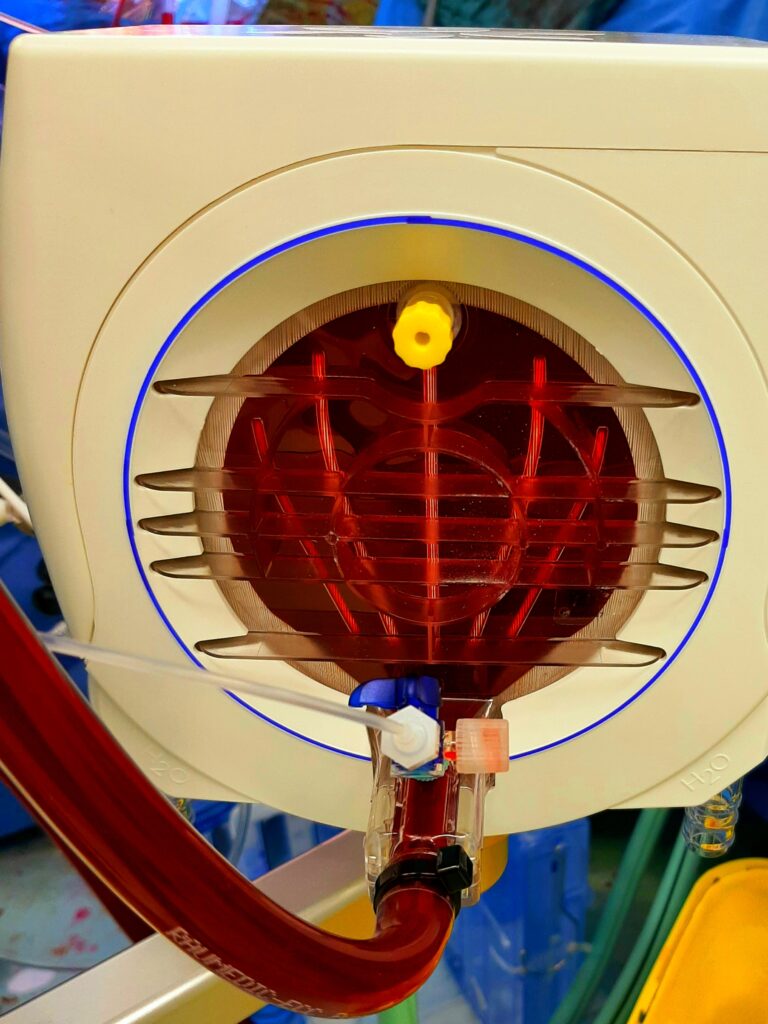The Ethics of Extracorporeal Membrane Oxygenation: Revisiting the Principles of Clinical Bioethics

Background
Extracorporeal life support has become accepted as a rescue therapy for cardiopulmonary shock, and there have been over 100,000 extracorporeal membrane oxygenation (ECMO) cases since 1987. Rapid growth has presented ethical challenges and concerns. Here, we discuss core principles of bioethics in an attempt to more thoroughly appreciate the ethical concerns and considerations raised by use of this technology.
Methods
An extensive literature review was performed on current papers on ECMO and ethics. In this paper, we utilized 3 case studies to highlight 4 major tenets of bioethics as they relate to use of ECMO: autonomy, beneficence, nonmaleficence, and justice.
Results
Case studies presented involved unique perspectives on utilization of ECMO and a careful balance of benefits and harms as they relate to autonomy, beneficence, nonmaleficence and justice. We present nuanced interpretations of autonomy (eg, physician autonomy) and justice (eg, various providers interpret and offer ECMO differently). An additional challenge includes contending with potentially prolonged clinical courses and/or complications that either result directly from cannulation for ECMO or indirectly from being subject to ensuing extreme conditions and prolongation of life that medical science has yet to fully understand.
Conclusions
ECMO programs continue to grow in number and capacity. A deep appreciation of the bioethical dimensions of this technology and its application must be pursued, understood and applied to individual patient scenarios.
